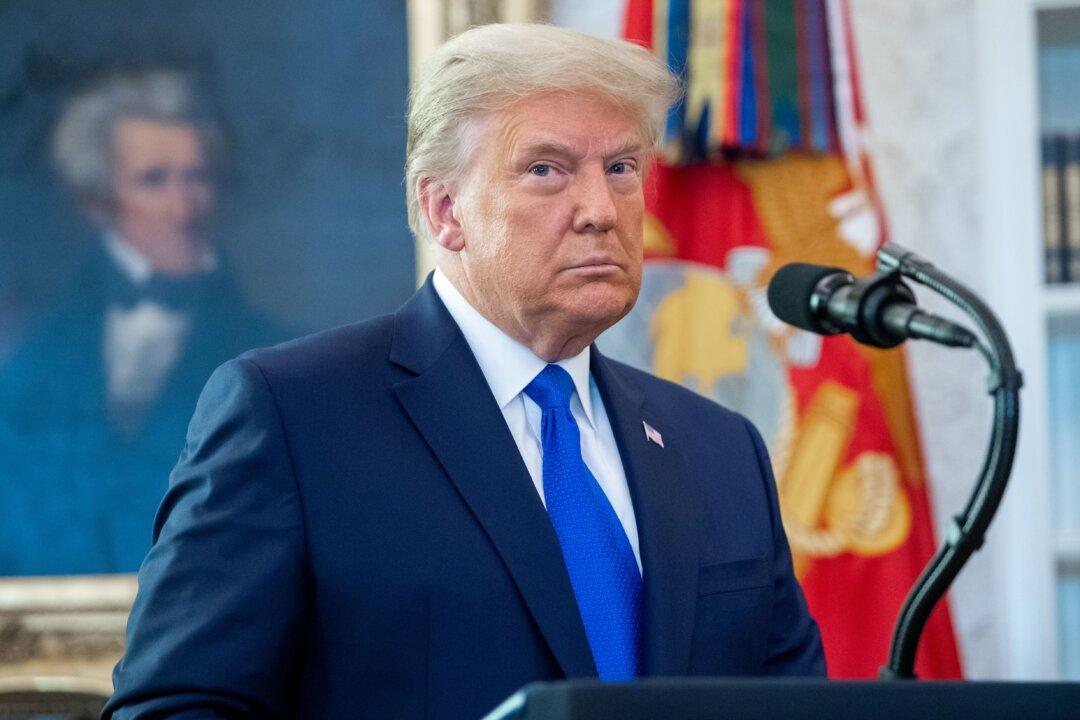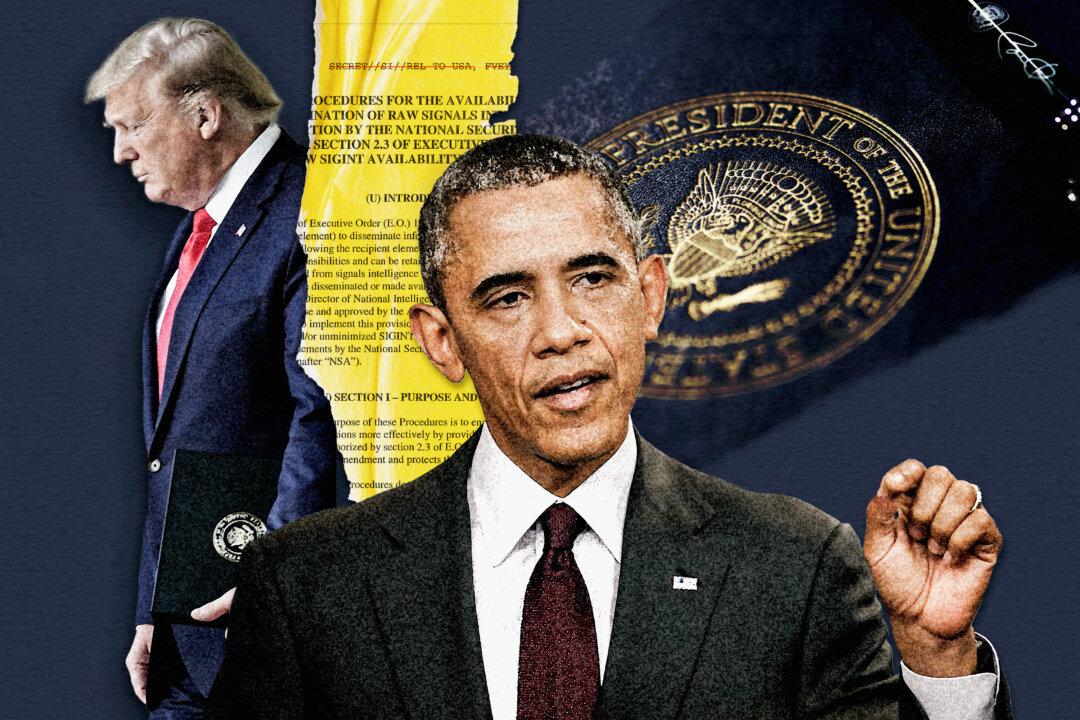News Analysis
The declassification of a spy warrant application against Trump campaign adviser Carter Page may reveal that the FBI broke its own procedures by hiding from the Foreign Intelligence Surveillance Court (FISC) that Page assisted the bureau in the arrest and prosecution of a Russian spy.





